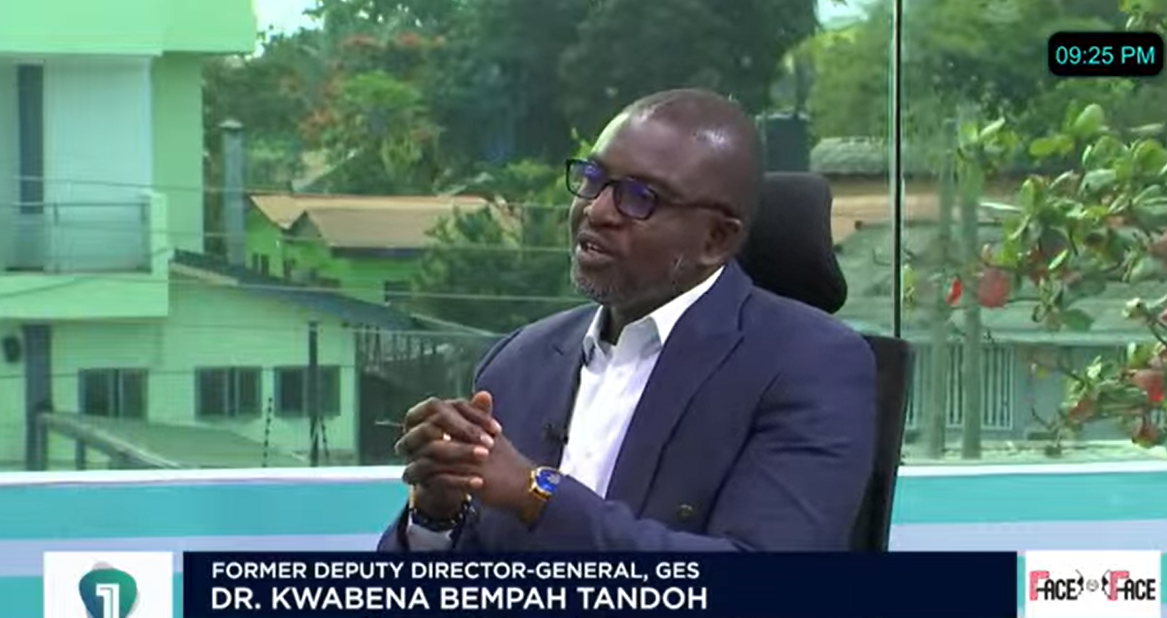- Dr. Bempah Tandoh criticized Dr. Adutwum’s leadership for undermining Free SHS quality.
- He praised Dr. Matthew Opoku Prempeh’s inclusive style, which encouraged collaboration.
- Tandoh said technical experts were sidelined under Adutwum’s tenure.
- He believes the lack of consultation weakened policy execution.
- His remarks reignite debate over the long-term impact of Free SHS leadership decisions.
Former Deputy Director-General of the Ghana Education Service (GES), Dr. Kwabena Bempah Tandoh, has raised serious concerns about the leadership style of former Education Minister Dr. Yaw Osei Adutwum, claiming it weakened the effectiveness of the Free Senior High School (Free SHS) policy during its rollout.
In a candid interview on Channel One TV, Dr. Tandoh contrasted Adutwum’s approach with that of his predecessor, Dr. Matthew Opoku Prempeh, who he described as collaborative and inclusive. According to Tandoh, Prempeh fostered a team-oriented environment where technical experts and education professionals were actively involved in shaping major decisions. That dynamic, he said, disappeared under Adutwum’s tenure.
Tandoh alleged that key stakeholders were routinely sidelined, with technical input often ignored during critical policy discussions. He pointed to a breakdown in internal consultation, which he believes contributed to lapses in the quality and delivery of Free SHS during the first term of the administration.
The former GES official also revealed that many professionals within the ministry felt excluded from boardroom conversations, resulting in missed opportunities to leverage expertise that could have strengthened the policy’s implementation.
His remarks come at a time when the Free SHS programme continues to face scrutiny over funding, infrastructure, and learning outcomes. While the initiative has expanded access to secondary education, critics argue that its execution has suffered from political interference and poor planning.
Tandoh’s comments add a new layer to the debate, suggesting that leadership style — not just budget constraints — played a role in shaping the trajectory of one of Ghana’s most ambitious education reforms.

